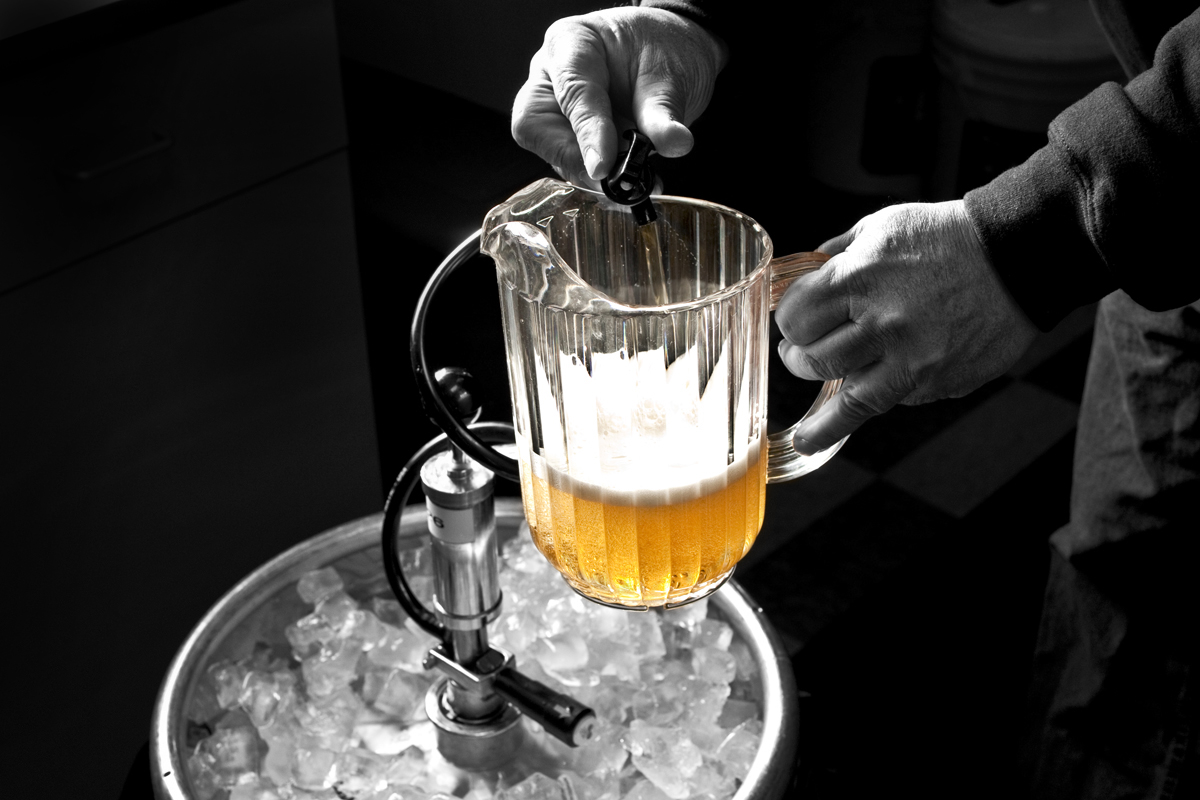

A new study by researchers with the National Institutes of Health (NIH) reveals that alcohol-related deaths in the United States rose dramatically at the start of the COVID-19 pandemic.
The researchers culled through death certificates to determine if alcohol was identified as a contributing cause in a person’s death. The resulting paper, published in The Journal of American Medical Association (JAMA) on March 18, found that the number and rate of alcohol-related deaths increased by 25 percent between 2019 and 2020, from almost 79,000 to more than 99,000.
Though rates shot up among all age groups, people in the 35-44 years old and 25-34 categories had the most noticeable change, with increases of 40 and 37 percent, respectively. As the New York Times noted, “among adults younger than 65, alcohol-related deaths actually outnumbered deaths from COVID-19 in 2020.” Deaths for men and women rose at similar rates, although the number of deaths among men was significantly higher.
“The assumption is that there were lots of people who were in recovery and had reduced access to support that spring and relapsed,” Aaron White, the report’s first author, told the Times. The report lists “increased drinking to cope with pandemic-related stressors, shifting alcohol policies, and disrupted treatment access” as “possible contributing factors.”
Alarmingly, the NIH study found opioid-involved deaths that also involved alcohol climbed nearly 41 percent.
From the onset of the pandemic, there has been concern over people losing essential resources and services as so-called “nonessential” business closed. In the context of alcohol, that might include people losing access to recovery support or treatment, as well as heavy drinkers facing dangerous withdrawal as liquor stores shut down. Countless reports documented that binge drinking and alcohol-related hospitalizations increased, as the isolation of lockdowns and other stresses impacted wider mental health.
But this study puts the tragedy into a new perspective, as we only begin to understand the holistic toll of the coronavirus. We already know that overdose rates hit record highs, as drug policy reform advocates continue to fight for a safe supply and local jurisdictions keep threatening to close down syringe service programs (SSP). Most “overdose” deaths involve combinations of drugs. And alcohol is frequently one of them.
Alarmingly, the NIH study found opioid-involved deaths that also involved alcohol climbed nearly 41 percent, from around 8,500 to 12,000, and deaths in which alcohol “contributed to overdoses specifically on synthetic opioids other than methadone,” like fentanyl, surged more than 59 percent, from around 6,300 to 10,000.
At this point, these staggering numbers do not come as a much of a surprise to harm reductionists.
“Alcohol harm reduction should be known to everyone, but it’s basically unheard of,” Kenneth Anderson, the founder and executive director of Harm Reduction, Abstinence, and Moderation Support (HAMS), a peer-led group supporting harm reduction approaches to drinking, told Filter. “There are basic things you can do—like planning your drinking ahead of time—to make sure you don’t endanger yourself or others.”
Photograph by Jenn Durfey via Flickr/Creative Commons 2.0